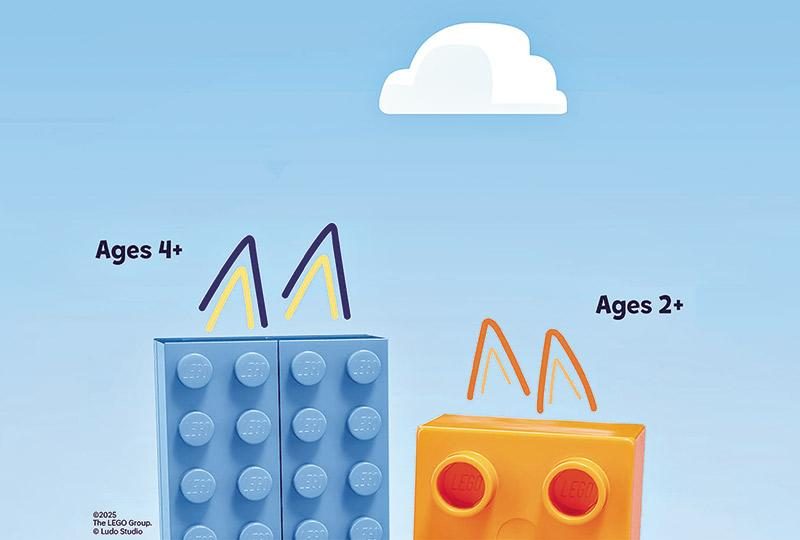
Tips to Help Kids Curb Bedwetting
It’s as frustrating for you to hear in the early hours of the morning as it is for their little voices to utter shamefully, “Mom/Dad, I’ve wet the bed.” There may be an onset of tears induced by embarrassment, the inevitable change of bedsheets, and the loss of sleep. On top of this, you may be scratching your head trying to figure out where you went wrong on your potty training.
Did you ween them off diapers too soon? Did you rush into potty training them? Before you take on the burden of guilt, here’s the thing: you didn’t do anything wrong at all. In fact, 30 per cent of kids experience issues with bedwetting two to four years after being potty-trained. After. Not during. After.
The reality is this–you can do all of these things and sometimes, it’s still not enough. A large part of combatting bedwetting issues is fostering confidence and managing the issue so it doesn’t create long-lasting issues on a child’s mental health or stunt the quality of sleep they’re dependent on for healthy development.
Most parents will take a preventative approach: limit beverage in take before bedtime, gird the mattress in protective pads, and keep their fingers and toes crossed come the hugs and kisses goodnight–but with our tips below, we’ll help you craft a plan to secure you and your child a dry night sleep.
Use the right bedtime wear products: Underwear designed for nighttime usage has come a long way since its inception. No longer are they gaudy and diaper–like, but they often look and feel like real underwear. Ninjamas, a new nighttime underwear product by Pampers, has been created to enhance your child’s confidence so that they can conquer bedwetting once in for all. They look and feel like age-appropriate children’s underwear with a waistband that’s form fitting, flexible and perfect for all night usage. Thanks to the All-Night Leak Protection, you can trust that whether your child manages to wake up or not, they won’t be waking up upset about having an accident–and you won’t have to change any bedsheets, either. What makes these even better is that they mask urine smells thanks to the OdorMask Technology–clean child, clean sheets, happy parents.
Avoid the shame game: If an accident occurs, avoid the shame game. Parents are often challenged with combatting the social stigma that kids often associate with wetting the bed. Try to avoid perpetuating the idea that this kind of thing is embarrassing. The reality is: accidents do happen. It’s better to help them develop a level of understanding now while they’re young to shape good coping mechanisms.
The early bird catches the worm: Not getting enough sleep makes it harder for a child’s body to send the brain messages that they need to wake up to go to the bathroom when the urge kicks in. Sometimes, bed wetting is directly associated to a lack of sleep that encourages kids to fall into a deep sleep to try to compensate later. It’s important to get kids to bed sooner so that they can get the doctor recommended 9-12 hours of sleep a night–the more energized they are, the more likely they are to recognize when they’ve got to go.
Foster confidence: There are millions of children around the globe affected by nighttime bed wetting–and it’s important your child is made aware of this fact. Often times, wetting the bed can feel very isolating to a child so the sooner they realize that this sort of things happens, the quicker you can work on building their confidence by giving them the proper tools to help them succeed such as an underwear designed to keep accidents in check.







